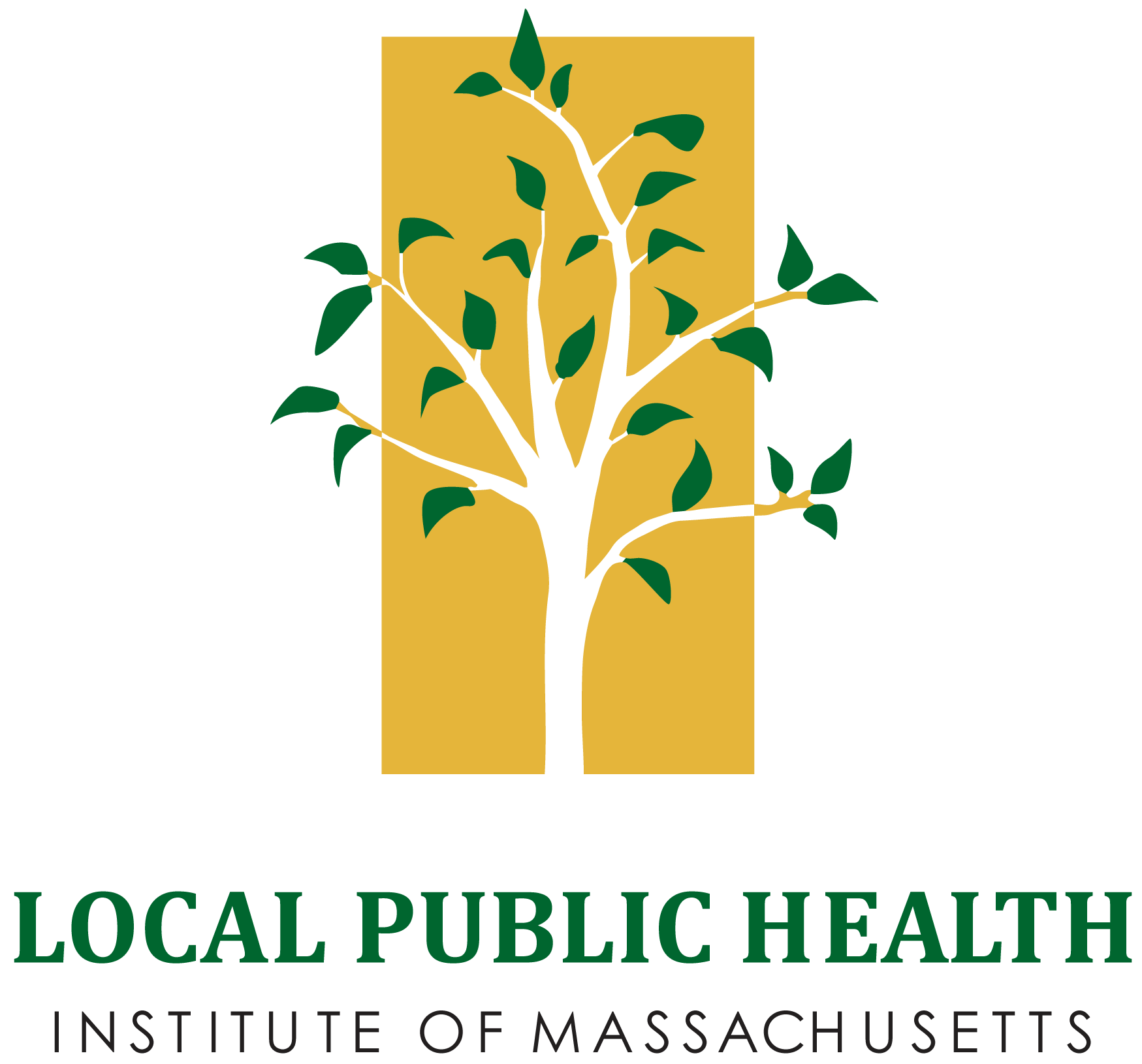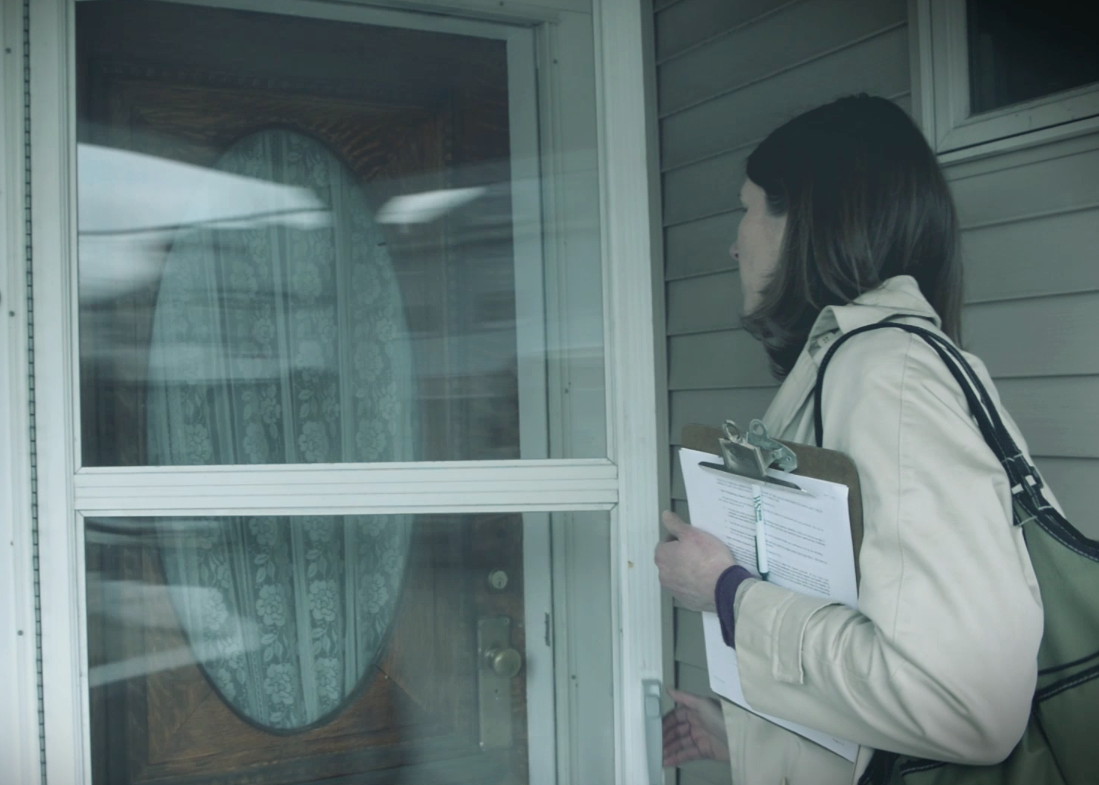
Managing Effectively in Today's Public Health Environment
How can you recruit, hire, and coach competent employees while also managing your budget? Learn how to manage all aspects of public health organizations.

Course Information
- Audience: Heads of local or regional health departments and managers or directors in city or state public health agencies in Massachusetts
- Format: Blended
- Start Date: June 4, 2018
- Price: $100 for CLPH members, $150 for non-members
- Contact hours: 25
- Length: 18 weeks
- Effort: 3-5 hours per week
- Competencies: Management and Finance Skills
- Learning Level: Performance
- Supplemental materials: 2018 Course Overview
Pre-requisites
- Written supervisor approval
About this Course
This course is designed to strengthen the management skills of the current or future heads of local or regional health departments and managers or directors in city or state public health agencies in Massachusetts.
This is a team-based course taught in a blended format over four months. Once enrolled, you will be placed in a team and each team will be assigned a mentor. Your mentor will be an experienced public health professional who will guide your team discussion assignments.
At the conclusion of the course a graduation ceremony will be held. A certificate of completion and 25 contact hours will be issued once you submit the final post test and course evaluation. Self-paced modules that you completed as part of the course offer additional certificates and credits.
What you'll learn
At the end of the course, participants will be able to:
- Explain the need and urgency to manage differently in today’s environment
- Describe new information, tools, and resources to help manage more effectively
- Demonstrate enhanced skills to better manage all aspects of public health organizations
Each week’s lesson(s) will have specific learning objectives that are connected directly to the assignments and team discussions. Lessons include optional resources for you to learn more about each topic and have instructors who are subject matter experts in their field of study.

Kathleen MacVarish
Course Director
Seth Eckhouse
Course Manager
Enrollment and Contact Hours
Note that you must first register for this course by completing a registration form (PDF). Once your registration has been confirmed, you will receive an enrollment key to access the course.
Once the final post-test and course evaluation are submitted, participants will receive a certificate of completion and 25 contact hours. Self-paced trainings completed as part of the course may offer additional certificates and credits.
DISCLAIMER:
This training and all supporting material was supported by funds made available from the Centers for Disease Control and Prevention, Office for State, Tribal, Local and Territorial Support, under B01OT009024. Additionally, this training was supported by the Grant Number, 5U90TP116997-10, funded by the Centers for Disease Control and Prevention and the Assistant Secretary for Preparedness and Response. This project is also supported by the Health Resources and Services Administration (HRSA) of the U.S. Department of Health and Human Services (HHS) under grant number UB6HP27877.
The views and opinions expressed as part of the training and all related documents and course materials are those of the authors and do not necessarily represent the views and opinions or the official position of, or endorsement by, the Centers for Disease Control and Prevention, its Public Health Emergency Preparedness Program, the Office of Assistant Secretary for Preparedness and Response (ASPR) Hospital Preparedness Program, or that of HRSA, HHS or the U.S. Government.

Massachusetts Public Health Inspector Training: Housing
How do public health and housing officials comprehensively and uniformly enforce housing-related laws and regulations in Massachusetts? Learn how to enforce State Sanitary Codes 105 CMR 400.000 and 410.000 in this blended course.

Course Information
- Audience: Inspectors from municipal and state agencies charged with enforcement of housing- related laws and regulations and laws as well as attorneys, court personnel, and others who work on housing-related matters.
- Format: Blended
- Start Date: May 6, 7, and 12 2020
- Price: $100 for MHOA members, $150 for non-members.
- Contact hours: Online learning: 8 contact hours for RS and CHO and RN; Classroom (3 days): 22.5 contact hours for RS and CHO
- Length: Generally takes six to nine months to complete, with a one year maximum.
- Competencies: Housing, Health Promotion and Disease Prevention
- Learning Level: Performance
- Supplemental materials: Syllabus, May 2020 (PDF)
Pre-requisites
- Written supervisor approval
- Four online self-paced trainings:
(Note that you must select the Enroll option for all four prerequisite trainings in order to receive a Certificate of Completion.)
Check back for 2021 delivery dates.
About this Course
This course is designed to train public health and housing officials to comprehensively and uniformly enforce housing-related laws and regulations, including State Sanitary Codes (SSC) 105 CMR 400.000: General Administrative Procedures and 410.000: Minimum Standards of Fitness for Human Habitation, which we will refer to as 400 and 410, respectively.
At the conclusion of the course, a Certificate of Completion will be provided to all learners who successfully complete the 5 course elements listed below. A contact hour certificate (7.5 hours/day) can be printed or saved after evaluations are submitted at the conclusion of each of the three classroom days. Self-paced modules that you completed as part of the course offer additional certificates and credits.
Course Elements consist of the following:
- Pre-Classroom Assignments (include prerequisite online trainings and a pre-test)
- Classroom Training (3 days)
- Virtual House Inspection
- Supervised Field Training (minimum of 5)
- Online Final Assessment (minimum grade of 70% to pass)
What you'll learn
After completing the course, participants will be able to:
- Inspect various types of housing to protect the health, safety, and well-being of occupants and the general public, in accordance with state laws and regulations
- Conduct appropriate enforcement procedures until compliance with regulatory standards is achieved
Meet the Primary Instructors
-

Paul Halfmann,
Assistant Director of Community Sanitation Program
Massachusetts Department of Public Health -

Amy Riordian,
Environmental Analyst
MDPH Community Sanitation Program
Enrollment and Contact Hours
The May 2010 class is now accepting applications. The places are limited, and will be assigned on a first come - first served basis. For those already registered, you will receive an enrollment email ahead of the start date to access
the course materials and pre-work assignments
Enter the enrollment key provided in your email in the field below and then select Enroll me.
Trouble accessing the course or other course-related questions? Contact Seth Eckhouse at seckhous@bu.edu.
SBIRT in Schools
We transitioned SHIELD courses and content to our new website in December 2021.
Please go to our new website and create an account:
Even if you had account with us before, please create an account rather than log in. The system will transfer your transcript as long as you use the same email you did before. Please email us at shieldbu@bu.edu if you have any questions.


